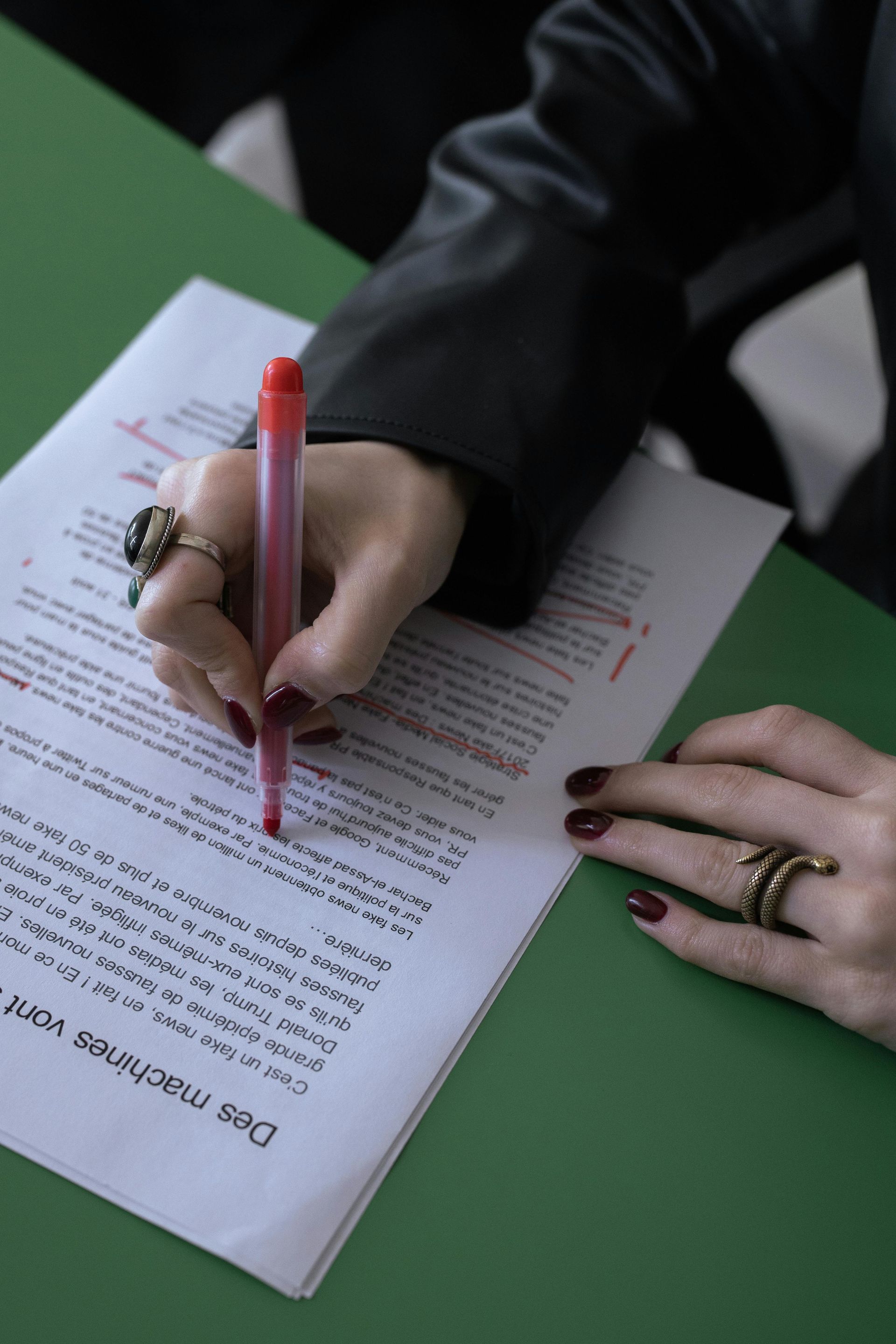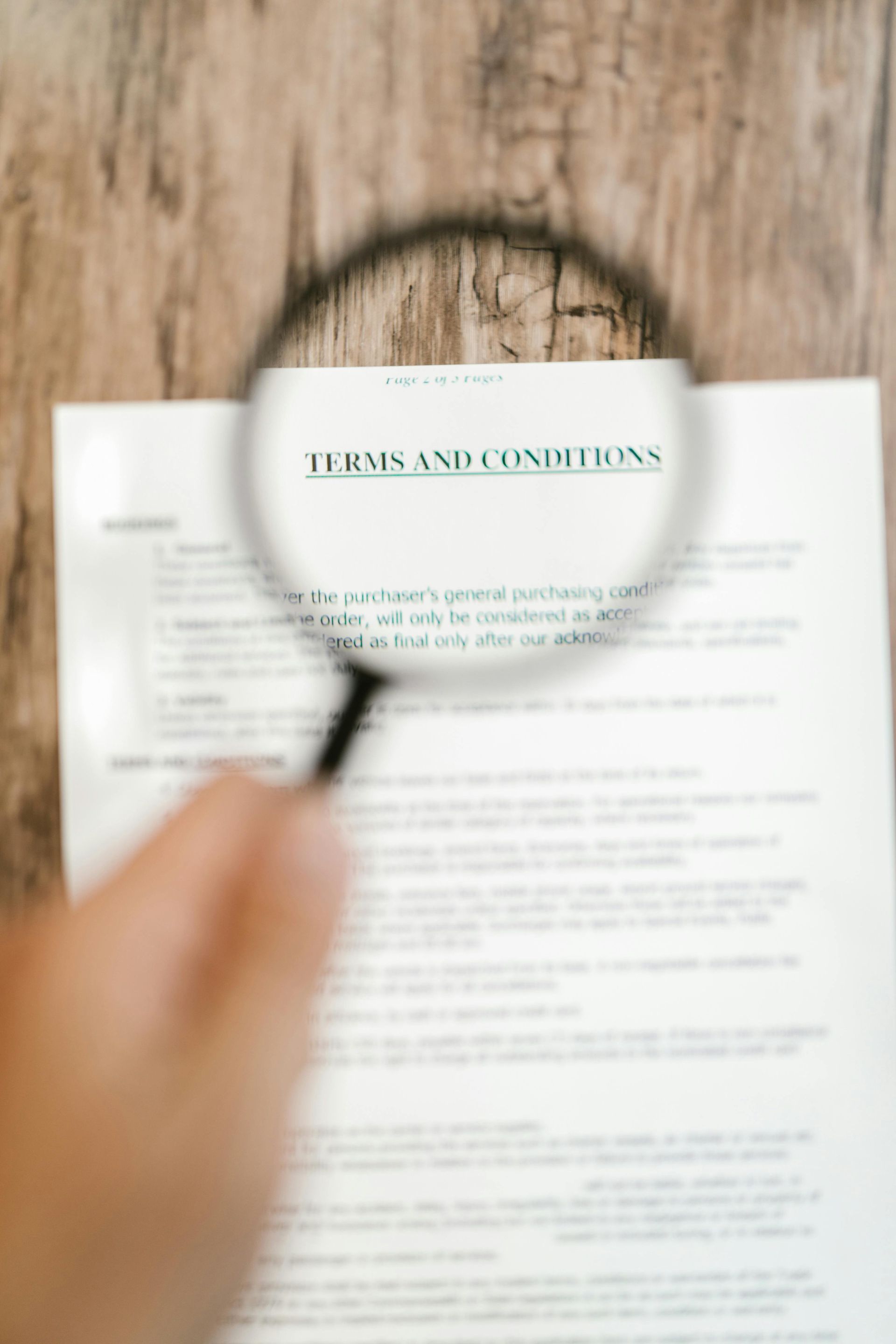Regulations Governing Legal Document Notarization Procedures

Notarization plays a critical role in verifying the authenticity of legal documents, preventing fraud, and maintaining the integrity of legal agreements. It’s not just about signing and sealing a document; it also involves following specific regulations. This article focuses on the key regulations governing notarization procedures and explains how they impact notaries and the general public.
Key Regulations for Legal Document Notarization
Here are the most important regulations and requirements that notaries and individuals must follow to ensure the notarization process is legally valid:
Proper Identity Verification
Identity verification ensures that the person signing the document is who they claim to be, preventing fraud and forgery. Notaries are legally required to verify the identity of all parties involved in the notarization.
Laws often mandate that notaries check the expiration dates on IDs and verify that the photograph and personal details match the individual presenting them. Any discrepancies could invalidate the notarization. Some states also require notaries to use electronic verification systems for added security.
The acceptable forms of identification are:
- Government-issued photo IDs like passports or driver’s licenses.
- Sometimes, secondary forms of ID are allowed, depending on jurisdiction.
Personal Appearance Requirement
In most jurisdictions, signers must physically appear before the notary for notarization. This requirement prevents coercion and ensures the notary can observe the signing process.
It is important to note that some states now allow virtual notarization, provided strict identity verification protocols and secure video conferencing tools are used. For example, states like Virginia and Florida have specific laws outlining how Remote Online Notarization must be conducted, including retaining a video record of the session.
Proper Document Preparation
Before notarization, the document must be complete. Regulations prohibit notaries from notarizing incomplete or ambiguous documents.
- Key Rules:
- No blank spaces that could be filled in after notarization.
- The notary is not permitted to provide legal advice or prepare documents unless they are a licensed attorney.
Notaries must review the document to ensure compliance but must refrain from altering or completing it.
Maintaining a Notary Journal
Some jurisdictions require notaries to maintain a detailed journal of every act performed. Keeping a journal ensures a record of notarized acts, providing accountability and a point of reference for legal disputes. The journal must indicate:
- The date and time of the notarization.
- The type of document notarized.
- The signer’s identification details.
- Signatures of the parties involved.
Administering Oaths or Affirmations
For certain documents, notaries must administer an oath or affirmation to the signer. This step ensures that the signer swears to the truthfulness of the statements contained within the document. It is a mandatory part of the notarization process for legal papers such as affidavits, depositions, and any other documents that require a sworn declaration.
By administering an oath or affirmation, the notary confirms that the signer understands their responsibility to provide accurate and honest information. This legally binding act not only strengthens the validity of the document but also reinforces its credibility in legal and official proceedings.
Affixing the Notary Seal
A notary’s seal or stamp is required to finalize the process and ensure that the notarization is official and recognizable across jurisdictions. Regulations specify the design and content of the seal. Seals must include:
- The notary’s name and commission number.
- The state and county of commissioning.
- The expiration date of the commission.
State-Specific Fee Limits
Most states regulate the fees notaries can charge to ensure fairness and accessibility. These caps prevent overcharging while maintaining trust in notarial services. Notaries must disclose their fees upfront, including any additional charges like travel or technology costs for remote notarization. Failure to comply with these limits can lead to fines, suspension of the notary commission, or other penalties. These rules protect consumers and reinforce the integrity of the notarial process.
Prohibitions Against Conflict of Interest
Notaries are prohibited from notarizing documents where they have a personal or financial interest. The most common examples of prohibited acts are notarizing a family member’s document and acting as both the notary and a party to the documents. These prohibitions ensure impartiality and prevent biased or invalid notarizations.
Consequences of Non-Compliance in Notarization
Failing to follow notarization regulations can have serious repercussions for both notaries and the individuals relying on their services. These consequences include:
- Legal Penalties:
- Significant fines for fraudulent acts or negligence.
- Imprisonment in severe cases, such as forging signatures or knowingly notarizing invalid documents.
- Loss of Commission and Reputation:
- Revocation or suspension of the notary’s commission.
- Irreparable damage to professional credibility makes it difficult to regain public trust or secure future work.
- Invalidated Documents:
- Legal agreements or financial documents, such as contracts or powers of attorney, can be declared invalid.
- Disruptions to transactions, resulting in delays, disputes, or financial losses.
- Civil Lawsuits:
- Notaries may face lawsuits from clients or third parties affected by improper notarization.
- Potential liability for damages caused by negligence or fraud.
How National Signing Services Can Help
Keeping up with notarization regulations can be overwhelming, especially with varying state-specific rules. National Signing Services offers expert notary solutions tailored to your needs. They ensure compliance with all regulations while delivering professional and secure notarization support. Their team of experienced notaries handles identity verification, journal keeping, and other key requirements, making the process seamless and reliable.
Conclusion
Understanding and adhering to the regulations governing legal document notarization is essential for ensuring valid, enforceable agreements. From verifying identities to following state-specific rules, compliance protects all parties involved. Being aware of the rules and regulations can prevent legal complications and further issues from occurring.











